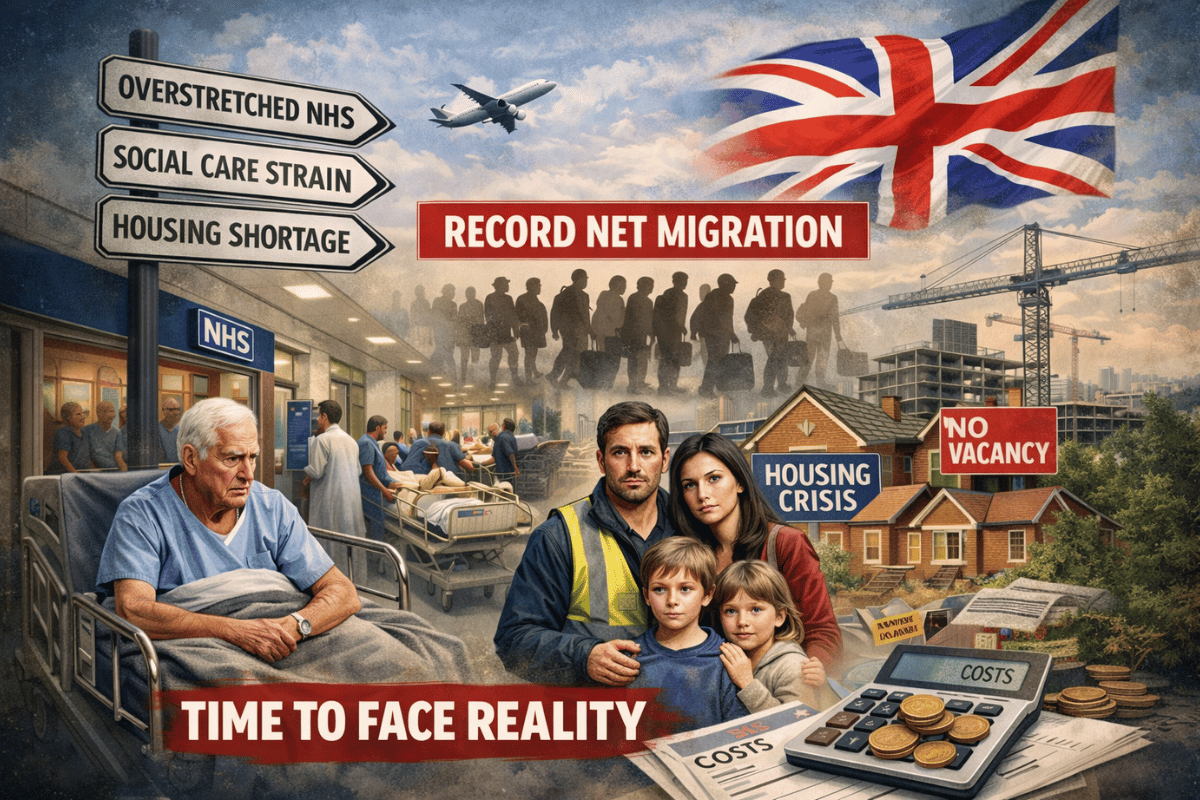
The BBC, once a cornerstone of British media, is facing an existential crisis. A staggering £1 billion decline in revenue has prompted the broadcaster to issue dire warnings of “unprecedented” challenges. While the corporation points to economic pressures and shifting viewing habits, the real story lies in the growing public disillusionment with the BBC and the accelerating rejection of its mandatory TV licence fee. This isn’t just a financial hiccup—it’s a vote of no confidence from the British public.

For decades, the BBC has positioned itself as a bastion of impartiality and quality journalism, funded by a compulsory £169.50 annual fee imposed on every household with a television. But that narrative is crumbling. People are no longer willing to fork over their hard-earned cash for a service they increasingly see as out of touch, biased and bloated. The cancellation of TV licences is no longer a fringe protest—it’s a mainstream movement and the BBC has only itself to blame.
A collapse of trust
The BBC’s woes stem from a profound erosion of public trust. Scandals like the Martin Bashir interview with Princess Diana, where deceitful tactics were exposed, have left a lasting stain. More recently, accusations of political bias—whether leaning too far left or pandering to establishment interests—have fuelled perceptions that the BBC is less a neutral observer and more a player with an agenda. Its coverage of Brexit, immigration and climate change has drawn ire from across the political spectrum, with critics arguing it prioritises narrative over facts.
Social media has amplified these grievances. On platforms like X, users regularly dissect BBC reports, pointing out inconsistencies or perceived slants. The broadcaster’s once-unassailable authority is now openly questioned, and the public isn’t buying the “trust us, we’re the BBC” line anymore. When people feel preached to rather than informed, they tune out—and they stop paying.
Related Stories
The TV Licence: An anachronistic tax
At the heart of the BBC’s revenue crisis is the TV licence itself—a relic of a bygone era. In 2025, with streaming giants like Netflix and YouTube offering on-demand content for a fraction of the cost, forcing households to pay for a service they may not even use feels absurd. Why should a family that never watches the BBC subsidise its bloated bureaucracy? The rise of cord-cutting and digital natives who’ve never owned a TV aerial has only widened this disconnect.
The enforcement of the licence fee compounds the resentment. Heavy-handed letters and doorstep visits from TV Licensing feel more like intimidation than a fair request for payment. Stories of pensioners fined for non-compliance or single parents hounded over a few missed pounds have turned public sentiment from apathy to outright hostility. It is no wonder cancellation rates are soaring—people aren’t just opting out; they’re rebelling.
A bloated institution out of step
The BBC’s response to its revenue drop has been predictably tone-deaf. Rather than addressing the root causes of distrust or rethinking its funding model, it has doubled down on pleas for sympathy and warnings of cultural loss. But the public isn’t mourning. They see an organisation with a £5 billion budget that still cries poverty, all while paying eye-watering salaries to executives and presenters like Gary Lineker, whose £1.35 million annual paycheck could fund dozens of local journalists.
Meanwhile, the BBC’s output feels increasingly irrelevant. Its programming oscillates between safe, formulaic dramas and heavy-handed “message” content that alienates viewers who just want entertainment or straight news. Compare that to the raw, unfiltered conversations on X or the tailored algorithms of streaming platforms, and it’s clear the BBC is losing the battle for attention.
The way forward (or out)
The £1 billion revenue drop should be a wake-up call, but the BBC seems intent on hitting the snooze button. Clinging to the TV licence in an age of choice is a losing strategy. If the broadcaster wants to survive, it must adapt—perhaps by embracing a subscription model that lets viewers opt-in rather than forcing them to pay up.
Better yet, it could slim down, refocus on core journalism and rebuild trust through transparency and accountability. But don’t hold your breath. The BBC’s leadership appears more interested in preserving its own empire than serving its audience. As more households cancel their licences and turn to alternative sources, the message is clear: the British public is done funding an institution that no longer reflects their values or needs. The “unprecedented” problems the BBC faces aren’t a surprise—they’re a reckoning. And unless it changes course, this could be the beginning of the end of the BBC.









